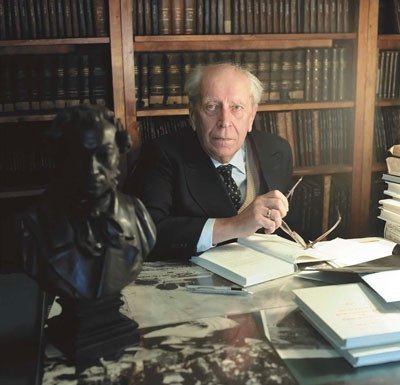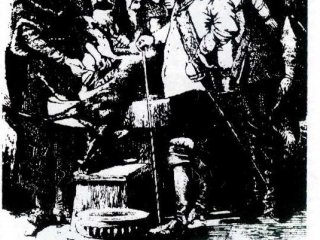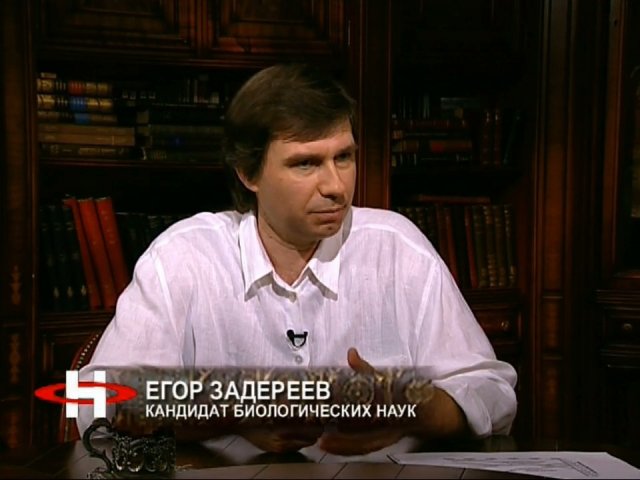
“Live as if you were to die today, work as if you were to live forever.” He himself lived as if he were to die today and worked as if he were immortal.
According to his own words, Dmitry Likhachev lived only in three cities: Petersburg, Petrograd, and Leningrad. Technically, it wasn’t so: there were numerous scientific trips across the country and abroad – but this was work. There were also Solovki and Norilsk – but this certainly wasn’t life. But even while on Solovki he worked – his first scientific work, titled Card Games of the Criminals, was published in 1930 in the Solovetskie Ostrova magazine.
The experts of the “What? Where? When?” game show were once asked to name Likhachev’s favorite word. The sages had no difficulty in answering: the favorite “word” of Likhachev, a specialist in Ancient Rus’ literature, was The Tale of Igor's Campaign (or The Word about Igor’s Regiment in another rendering of the title). Likhachev’s translation and commentary saw light in 1950 as part of the Literary Monuments book series. Later he initiated the publication of a 5-volume Encyclopedia of The Word about Igor’s Regiment. Likhachev introduced in the scientific circulation hundreds of texts of Ancient Rus’ and headed the Department of Ancient Rus’ Literature of the Pushkin House for many years. Textology, his magnum opus, is a handbook for all philologists.
But even that is not all Likhachev. Already in the 50s, he began fighting for the preservation of historical and cultural monuments and introduced the term “ecology of culture.” He fought for the Nevsky Avenue and saved its historical appearance, saved the Peterhof Park, and prevented a skyscraper named after Peter the Great from being built on Vasilyevsky Island. His Declaration of Cultural Rights is one of the greatest ideas of the 20th century. And while it is not signed yet, it certainly will be – in the 21st century, the Declaration of the Rights of Man alone is not enough for the planet existence any longer.
A great scholar and a true intellectual, quoted as saying “one cannot feign being an intellectual,” he is surmounted by honors and awards, titles and regalia. He went through hardships to the stars, and this is not a figure of speech: a minor planet is named after him.
























